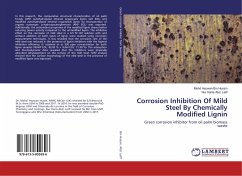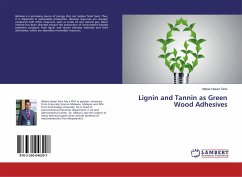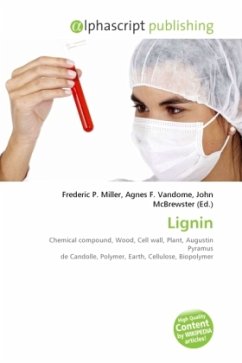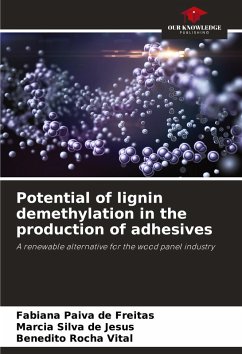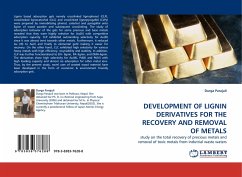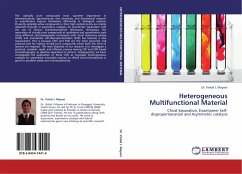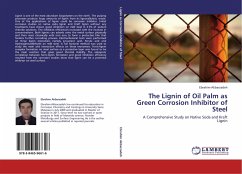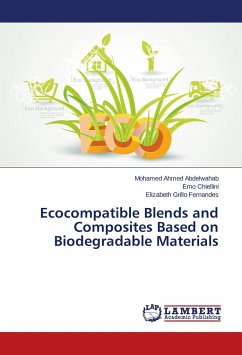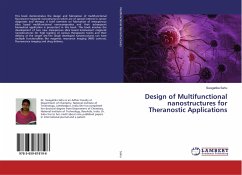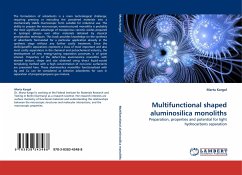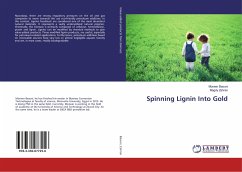
Spinning Lignin Into Gold
Versandkostenfrei!
Versandfertig in 6-10 Tagen
46,99 €
inkl. MwSt.

PAYBACK Punkte
23 °P sammeln!
Nowadays, there are strong regulatory pressures on the oil and gas companies to move towards the use eco-friendly petroleum additives. In this context, Lignins feedstuck are considered one of the most abundant natural materials. It represents a vastly underutilized natural polymer. Chemically, the biomass is primarily composed of cellulose, hemicellulose, pectin and lignin. Lignins can be modified by chemical methods to give value-added products. These modified lignin products, are useful, especially for petroleum-related applications. Furthermore, petroleum additives based on renewable source...
Nowadays, there are strong regulatory pressures on the oil and gas companies to move towards the use eco-friendly petroleum additives. In this context, Lignins feedstuck are considered one of the most abundant natural materials. It represents a vastly underutilized natural polymer. Chemically, the biomass is primarily composed of cellulose, hemicellulose, pectin and lignin. Lignins can be modified by chemical methods to give value-added products. These modified lignin products, are useful, especially for petroleum-related applications. Furthermore, petroleum additives based on renewable sources have very low or almost negligible aquatic toxicity and are, in most cases, readily biodegradable.



